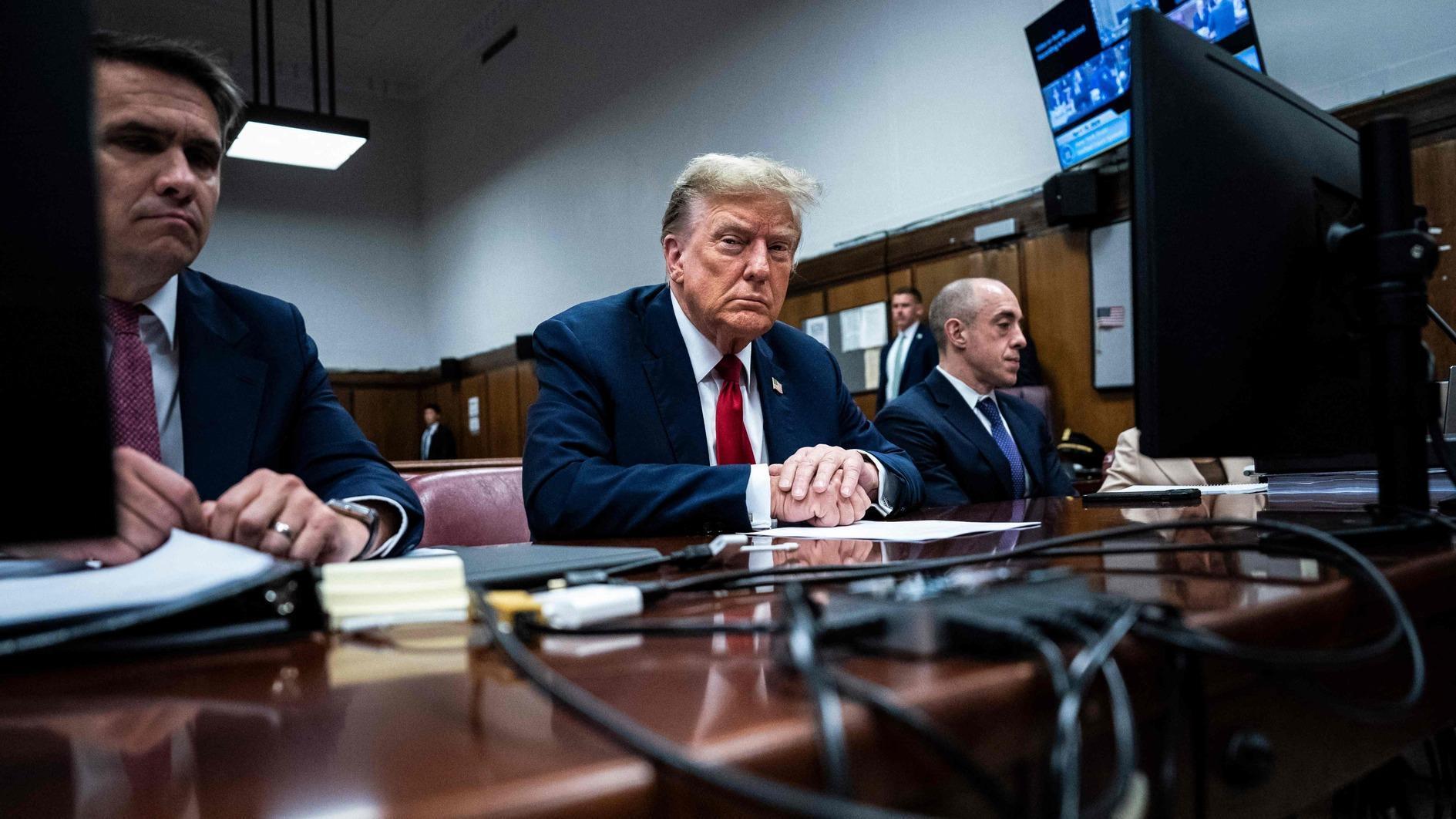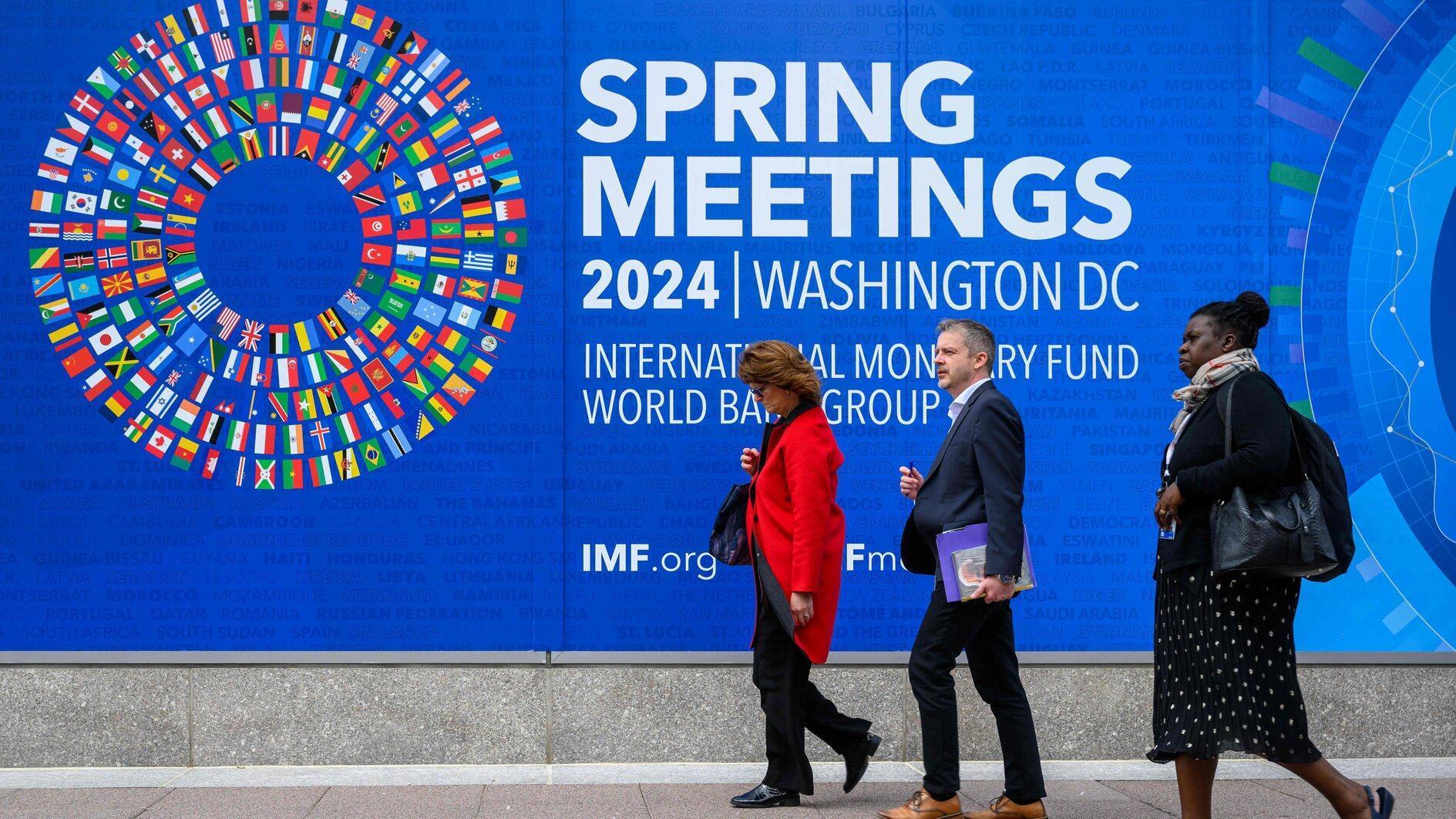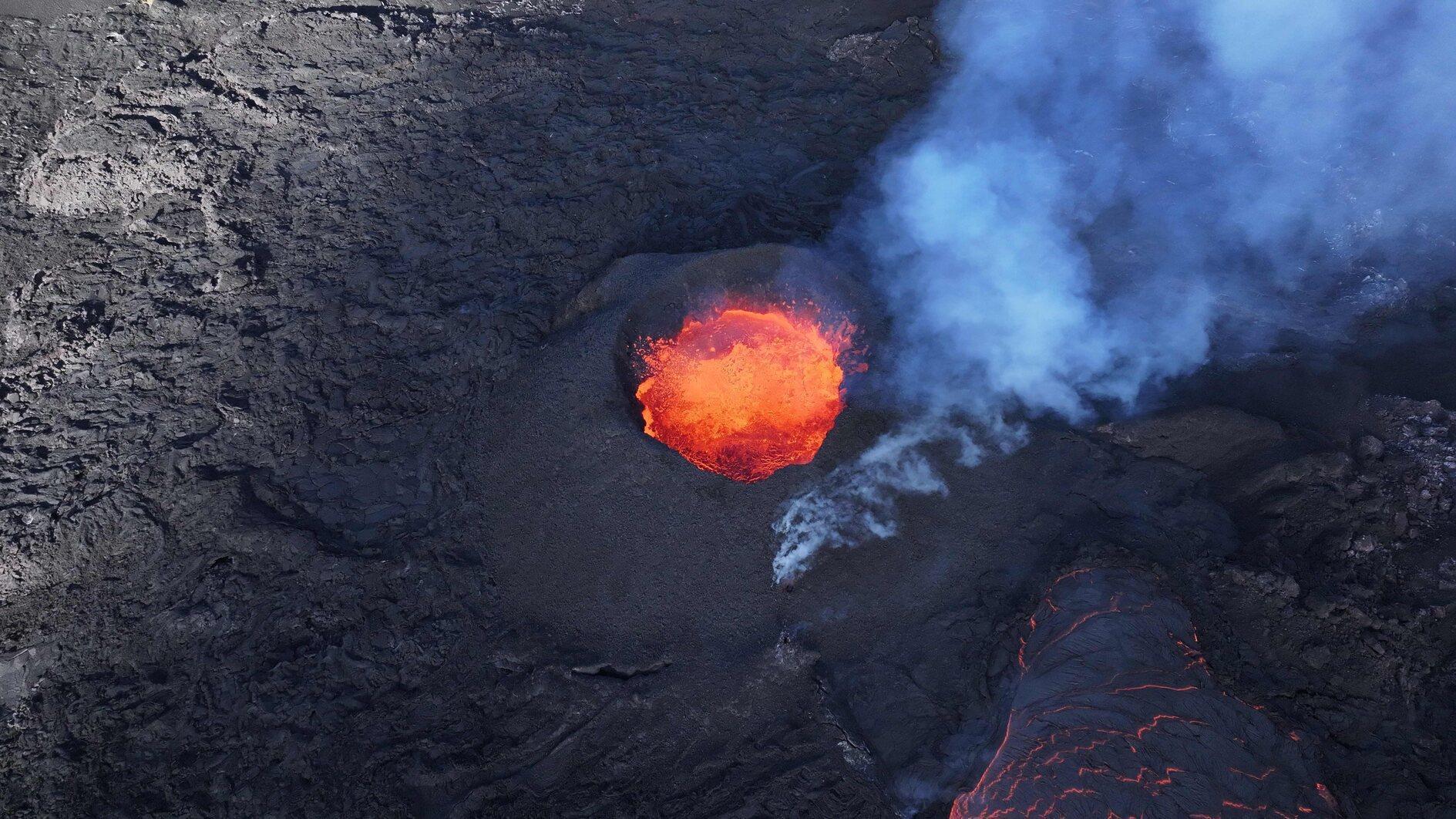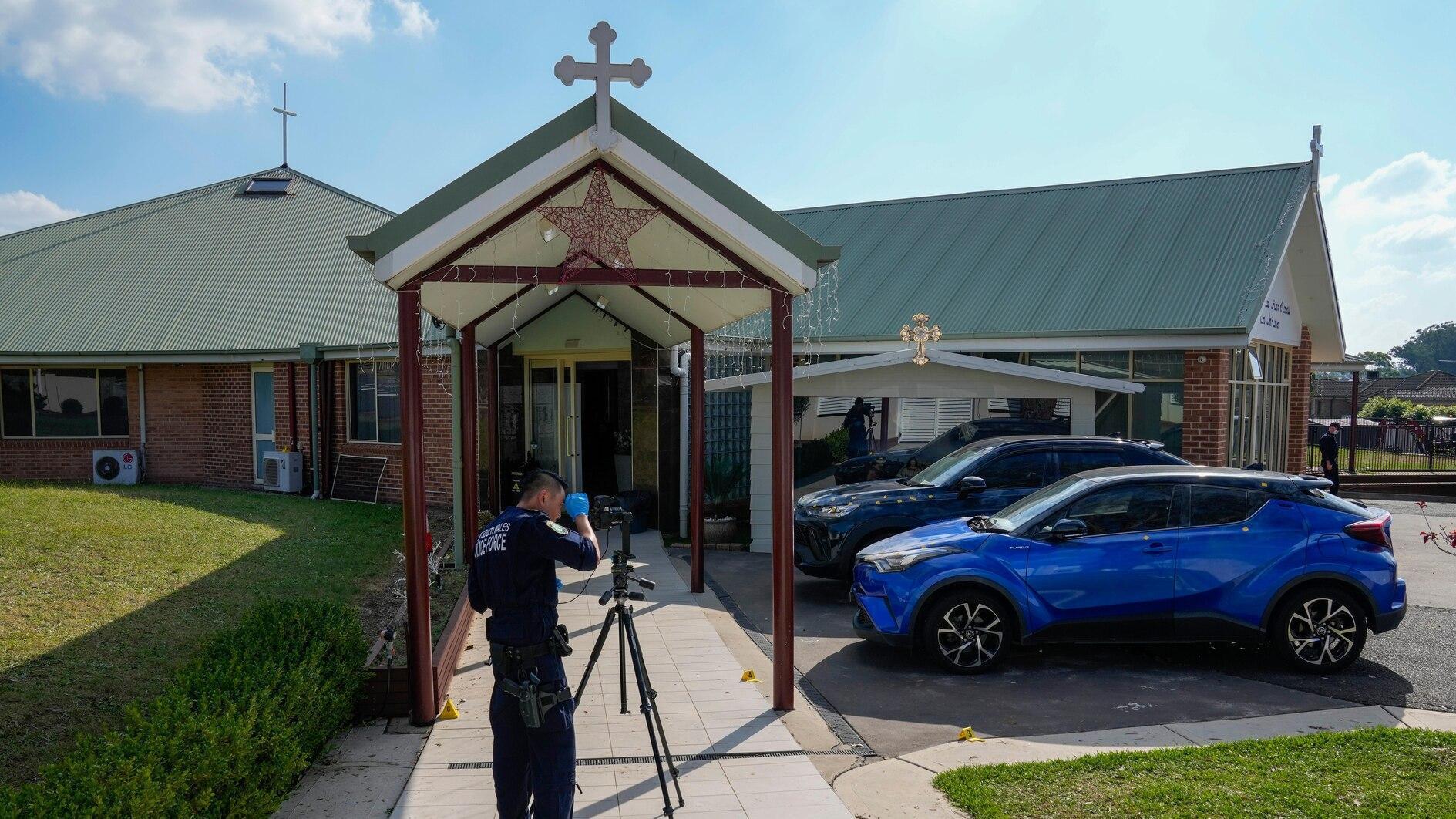Davutoğlu visits Athens under Merkel’s haze
Turkish Foreign Minister Ahmet Davutoğlu visited Athens last week at the invitation of his counterpart Dimitris Avramopoulos and was received by Greek Prime Minister Antonis Samaras. Normally, such a visit would have dominated the Greek media. Anything about Turkey sells. Not last week, though.
Davutoğlu reached Athens just hours after a “historic” visit by German Chancellor Merkel. Merkel’s visit produced little except support for the Samaras government, but dominated the local and European media. It also prompted a passionate debate, as Greece is struggling in the chains of the eurozone and the IMF. The continuing presence of the representatives of the “troika” in Athens, and their increasingly surreal demands of Greek taxpayers, added to the general tension.
“Under normal circumstances, Davutoğlu’s visit would have been news, but nothing is normal anymore and Merkel was here earlier. National survival is not decided up in the Aegean airspace. Past wars and conflicts have in no way prepared Greece for the type of catastrophe which threatens the country, and this is economic. Greece has been dancing on the edge of bankruptcy for the past three years, while Turkey is already among the G-20,” wrote a commentator in Ta Nea daily.
“The visit was the friendliest ever, even more than the meetings between [then-Greek foreign minister, later Prime Minister George] Papandreou and [former Turkish Foreign Minister İsmail] Cem, but it actually produced nothing,” a Greek academic specializing in Greek-Turkish relations told me on the phone. “Publicly they talked as if there were no bilateral problems, but, in reality, the problems are piling up to a breaking point,” he said.
An interesting interpretation of the “friendliness” of the visit came from the Greek Communist Party’s media organ, Rizospastis: “the two sides are fully aware that the interests of monopolies are controlling bilateral relations… The aim is to ‘increase business among big companies in both countries in order to increase their profits as well as to extend their business by joint exploitation of the Aegean,’” the paper said.
“Cornered from all sides, Davutoğlu came to Greece to take a rest. His stated ‘zero problems’ policy has ended in a policy of zero friends… But for our good fortune Ankara now has to think about how to deal with the rage of the Russians,” a political scientist wrote on a news website.
Maybe they did not give him due coverage, but Professor Davutoğlu did use the Greek media for two important interviews, with the AMPA agency and with To Vima newspaper.
In talking to AMPA Davutoğlu declared his country’s determination to use all its powers to achieve the “common goals” in the region during the next decade. He envisaged the creation of a region that would serve as a “model for the rest of the world.” He suggested that whatever changes have taken place in the region, they are leading towards the creation of a “democratic environment and a new sense of regional sovereignty.” But he pointed out that the unilateral declaration of Economic Independent Zones (EEZ) “is not going to benefit anyone.”
“Turkey is committed to good neighborly relations with Greece… We have the necessary political will to solve our differences with Greece on all pending issues with respect to the mutual and legal interests of the two countries according to international law. Turkey has a clear policy and a legal position regarding Kastelorizo, but knows that Greece supports a different view regarding maritime jurisdiction in the Eastern Mediterranean,” Davutoğlu told To Vima.
A second meeting of the Greek-Turkish Cooperation Council is planned to take place in Athens in January 2013. It will not be long then before we will have a clearer picture of ways to achieve the “common goals” for Greece and Turkey in the coming decade.











